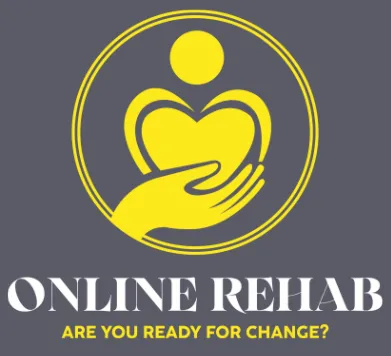

Help For A Loved One
You Don’t Have to Watch Them Struggle Alone Help Is Available
Watching someone you love battle addiction is heartbreaking. You may feel helpless, frustrated, or even angry at their choices. But addiction isn’t a choice—it’s an illness. And just like any other illness, it requires the proper treatment and support.

If you’re here, it means you care—and that’s the most critical first step. You don’t have to stand by and wait for things to get worse. With the right approach, you can encourage your loved one to seek help and begin their recovery journey today
They don’t have to hit “rock bottom.” They don’t have to ask for help first. You can take action now.
Understanding Addiction: It’s Not a Choice, It’s a Disease
Many people believe that addiction is simply a lack of willpower or that a person needs to “want help” before they can recover. But the truth is, addiction changes the brain, making it harder for a person to make rational decisions—even when they can see the harm it’s causing.
Your loved one may be in denial about their addiction, or they may feel too ashamed to ask for help. That’s why your role is so important. By taking action now, you can help them before things spiral further out of control.
Addiction is not just about substance use—it’s about the emotional pain and trauma that often fuel the behaviour. Your loved one may be using alcohol or drugs as a way to escape stress, anxiety, depression, or past trauma. Without addressing the root causes, it’s difficult for them to break the cycle on their own.
Recovery isn’t about punishing yourself for the past—it’s about taking steps to create a future you can be proud of.

The Hardest Part: Knowing When It’s Time to Step In
Knowing when to step in and offer help can be difficult, especially if your loved one doesn’t think they have a problem. But there are clear warning signs that indicate it’s time to take action:
Their substance use is affecting their work, relationships, or finances.
They deny they have a problem, even when confronted with evidence.
They have lost control over their drinking or drug use, despite attempts to cut back.
Their health is deteriorating—physically or mentally—due to substance use.
They become aggressive, manipulative, or deceitful when confronted about their addiction.
They rely on you financially because of their substance use.
They isolate themselves or only socialize in settings where substances are involved.
If any of these signs feel familiar, it’s time to take action. You do not have to wait for them to reach their lowest point. In fact, stepping in early could save their life.
How Online Rehab Can Help You
Not everyone can afford private residential rehab, and NHS treatment can take months to access. But
Online Rehab provides immediate support, expert therapy, and structured recovery guidance—all from the comfort of home.
What You Can Do Right Now to Help
If your loved one isn’t ready to accept help yet, there are still things you can do to guide them toward recovery:

Set Clear Boundaries
One of the most common challenges for family members is unintentionally enabling addiction. If you find yourself constantly covering for their mistakes, giving them money, or making excuses for their behavior, it may be time to establish firm boundaries

Stop Financial Support
Many family members give money to their addicted loved one, believing it will help them “get back on track.” Unfortunately, this often funds further substance use. Instead, offer non-monetary support, like paying directly for food or necessities rather than handing over cash.

Encourage Open Conversations
Addiction thrives in secrecy and shame. Let your loved one know that you are here to support them, not judge them. Choose calm, private moments to talk, and avoid confrontational language.

Lead by Example
If you drink heavily or use substances recreationally, it will be much harder to encourage your loved one to quit. Creating a sober, supportive environment can make a significant difference in their willingness to change.

Seek Professional Help
You don’t have to figure this out on your own. Speaking to an addiction specialist can provide guidance on the best approach for encouraging your loved one to seek help.
What Happens After You Reach Out?
When you fill out our Help a Loved One referral form, here’s what happens next:
1. We Review Their Situation
Our team will go over the details you provide about your loved one’s substance use and current situation.
2. We Contact You to Discuss Options
One of our addiction specialists will reach out to discuss the best approach for encouraging your loved one to accept treatment.
3. We Support You in Helping Them Get Started
If they are open to receiving help, we will arrange a consultation and recovery plan to begin treatment right away. If they are resistant, we’ll provide guidance on interventions and alternative steps to encourage change.
Are You Ready for Change?
Let’s Take the First Step Together.

Get In Touch
Langtrade House
Linton Road
Hadstock, Cambridge CB21 4NU
Quick Links
Services
About Us
Help For Myself
Help For a Loved One
Our Partnership Commitments